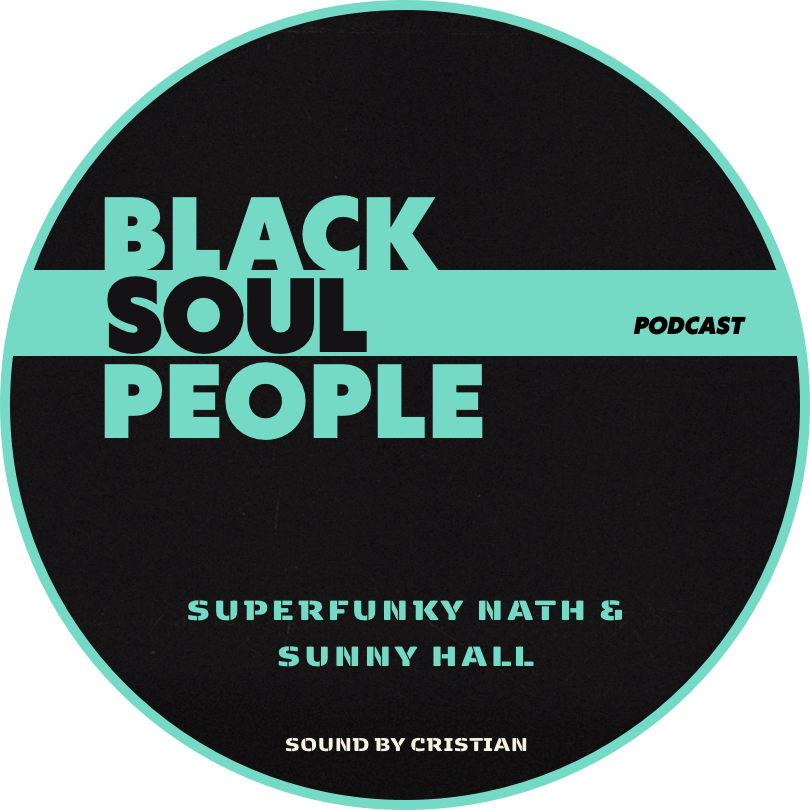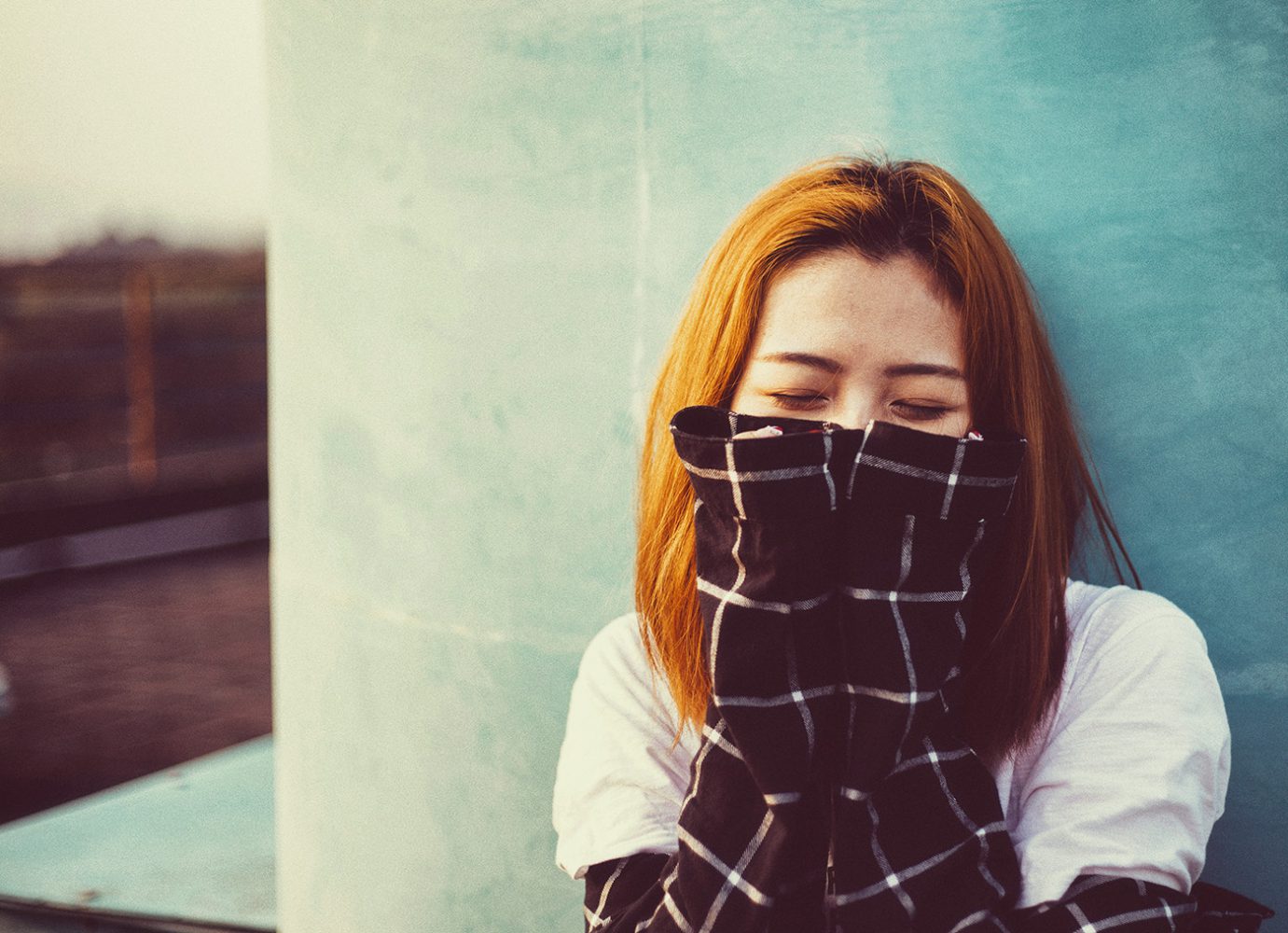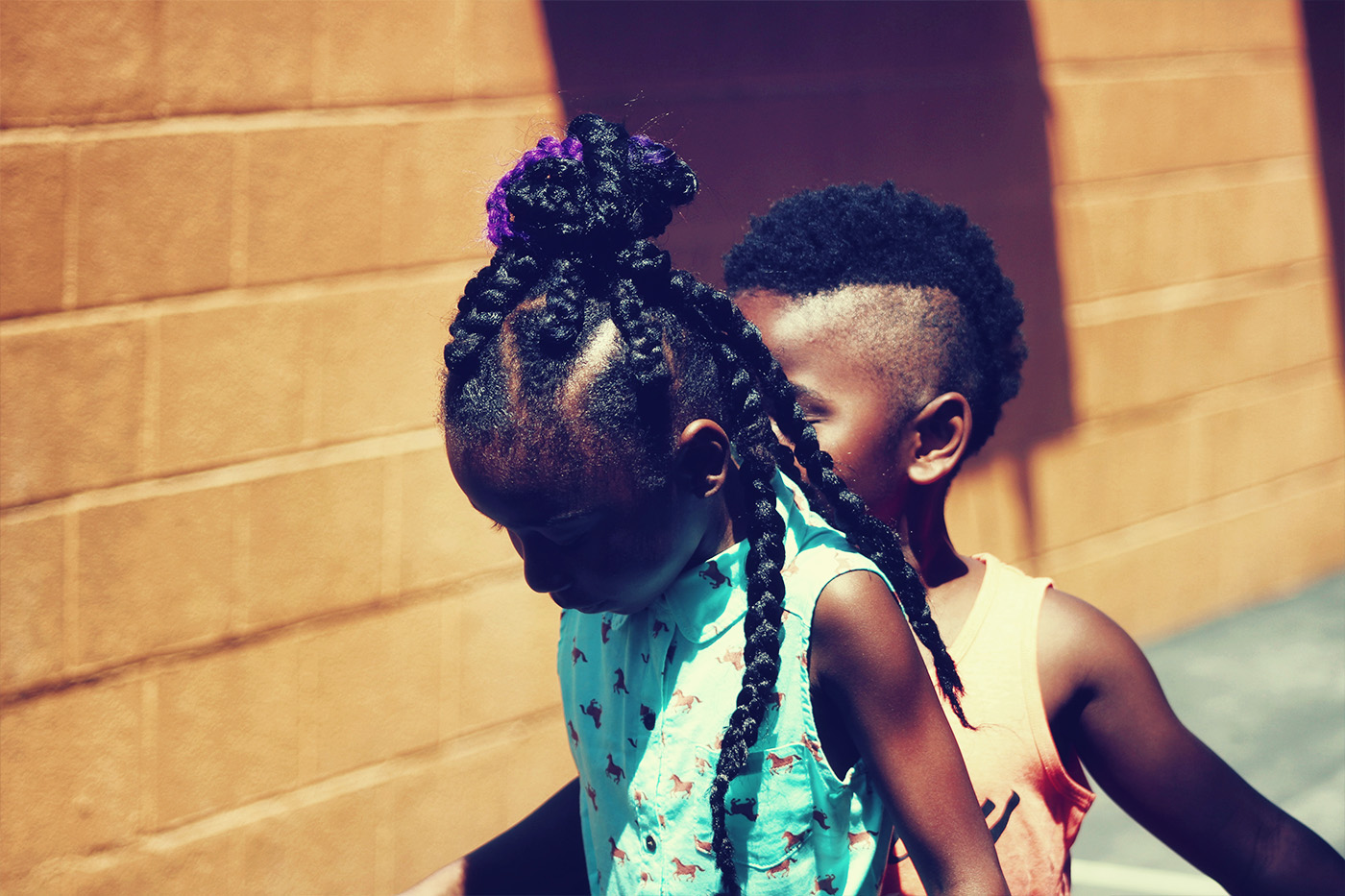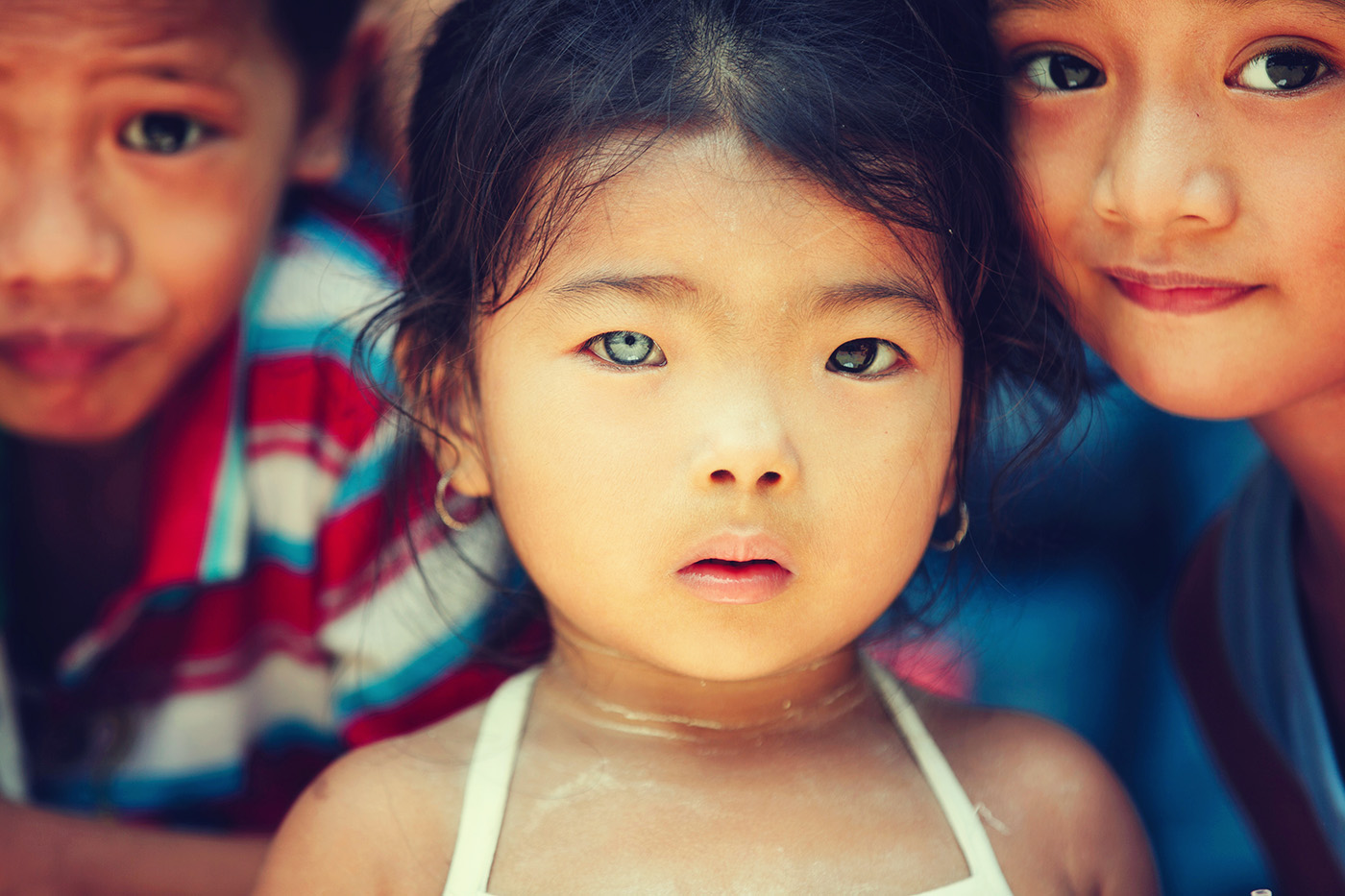


Racism, as I stated before in a previous article, is not something that happens occasionally, despite the fact that many White people think that racism comes down to animosity or acts of violence committed on racialized bodies.
As in the typical case, when a neo-nazi case says “filthy Arab”, “dirty Black”, or when it comes to physical violence due to the color of the skin…
Unfortunately, racism is not just about this type of episodes, it is a system that governs our society and is present in all its layers, it is a well-known fact already explained by many voices among us.
This type of racist manifestations which I will call “direct” may seem to be the most violent to Whiteness but it is not necessarily what affect us the most when it comes down to our mental health. Attention, I do not wish to minimise physical assaults and insults, but I say that in my case and that of many others, overtly racist people are not necessarily those who affect our daily stability.
I would like to illustrate here, what I’m trying to explain with a concrete example.
This year in Canada a Black man won his court case against the company he worked for. He was found to be the victim of a workplace accident because of racism.
Here 2 excerpts from an article by lapresse.ca:
“When the diagnosis was given, Mr. Gaye was able to put words on his condition :
Post-traumatic stress and adjustment disorder. He was unable to return to work. A few weeks ago, the man became one of the few Quebec workers to have the justice system recognize that racism at work caused a workplace injury, the equivalent of a work-related accident. “
“Racist comments, day after day, to the point of making him sick. “


One of the major problems we must confront in Europe to have the means to think of a psychology adapted to colonial and migratory traumas and linked to racism, is the great denial of the very existence of these different traumas.

As we can see here, this person suffered from post-traumatic stress as a result of repeated attacks at work.
I also had the opportunity to watch an interview with Mr. Gaye in which he explained that what had affected him was not the only fact of the racist attacks, if not the total passivity and ignorance of his co-workers in the face of daily assaults.
One of the major problems we must confront in Europe to have the means to think of a psychology adapted to colonial and migratory traumas and linked to racism, is the great denial of the very existence of these different traumas. Secondly, as it is normally prohibited (this ban is selective because we know perfectly well that “ethnic” numbers are produced, but to serve clearly defined political agendas) to do studies on race ( statistically ) as in the case of France or Spain, it is therefore quite complicated to be able to do real studies on what racism generates on ethnic minorities and / or migrant populations.
In order to find more leads, first, I took as references two individuals, David R. William and Jade Almeida.
David R. William is a professor specialised in the public health sector in the United States who conducted a study on the effects of racism on people of colour and Jade Almeida is a sociology PhD student from Guadeloupe currently living in Canada.


Racialized individuals who have been exposed since adolescence to strong and continuous discrimination, have a higher level of stress hormones, blood pressure, and weight problems, from the age of 20. At a later age or a longer period of growth, the effects of stress and exposure to continuous violence can cause heart disease, cancer to premature death.

What does David.R William tells us?
To start with, the results are rather overwhelming, the survey shows that from the same social status and equivalent level of education, Black people die in all cases, younger than White people. The influence of racism on the health of non-White people, is therefore devastating. The effect of daily and structural racism, being considered as human beings that the global society does not value, finding themselves in hostile environments, seen as dangers to others, being bullied all day long, create a significant amount of disorders for many of them. Racialized individuals who have been exposed since adolescence to strong and continuous discrimination, have a higher level of stress hormones, blood pressure, and weight problems, from the age of 20. At a later age or a longer period of growth, the effects of stress and exposure to continuous violence can cause heart disease, cancer to premature death.
One important thing I will mention here, is the sense of guilt felt reinforced by White people, who themselves minimise the effects of racism and tell us :
” No, but you’re exaggerating “
” It’s not so important “
” It was a joke “
” It was nothing serious or mean “
These types of behaviors and reactions cause some people to feel guilty for having received these attacks.
Here’s a summary of what Jade Almeida tells us on the matter based on William’s study, as well as other sources.
What are the psychological problems faced with repeated exposure to racism?
An Increasing rate of aggressive behaviour, an increased incidence of cancer, blood pressure issues, more susceptible to addiction to alcohol or drugs, lower self-esteem, irritability problem and for some people, traumas equivalent to soldiers who have been in war and conflict zones, have been diagnosed.
She also explains that the level of education and social status does not change anything, ethnic minorities are increasingly exposed to psychological problems because of the racist system they face. As far as anti-racist activist circles are concerned, we realised that there were many people with PTSD (Post-Traumatic Stress Disorder) we might call : post-traumatic syndrome of anti-racist struggle.
Another point she highlights is the relationship between people of from ethnic backgrounds with different therapists and I personally come, to the same conclusion.
Many therapists in the West are not trained on the problems generated by racism and are therefore not ready to deal with issues related to racial discrimination. Also in these communities most people don’t want to go to White therapists, because they know they’re not prepared to handle these situations. Especially since in the profession itself, there is no recognition of the validity of systemic racism. There are not enough studies on the subject, nor is there enough ethnic diversity present in the health sector (largely due to unequal opportunities in terms of accessibility to employment) to be able to meet the various demands and needs.
Now, let’s move on to an even more delicate case with racialized children.
Here, I will refer to Fatima Ouassak, a French sociologist and activist, who created “the Mothers’ Front”, a group of mothers who decided to block the institutional racism that their children experience on a daily basis.


The study found that a child from the age of 2 and a half, 3 years old, becomes aware of the existence of racism, he becomes aware of where he stands in the face of racial and social hierarchy.
The risk of depression, anxiety and hyperactivity, when parents ( or legal guardians ) are in denial, aggravates the negative impact on the child’s mental health.

What are the effects of racism and how do they affect children?
Fatima Ouassak tells us that a study made by the University of California that relied on the work done over several years, decades, by sociologists and doctors among others; a study conducted with nearly 100,000 children.
The study found that a child from the age of 2 and a half, 3 years old, becomes aware of the existence of racism, he becomes aware of where he stands in the face of racial and social hierarchy.
The risk of depression, anxiety and hyperactivity, when parents (or legal guardians) are in denial, aggravates the negative impact on the child’s mental health. Fatima Ouassak also explains that when parents are in the opposite behaviour patterns, there is a reduction of harmful effects on the child, when there is verbalization and recognition by the parents of the existing discrimination, the child knows how to defend himself better, and when there is parental transmission to the child on these topics related to race, this attitude contributes to a greater self-confidence.
I have heard of several cases in the school context related to racism issues, where a child who defends himself or responds to racist attacks by violence is punished or ostracized; rather than wondering what has led him to this violent behaviour to solve the underlying problem, which in this case is racial harassment.
The lack of self-confidence that is inevitably present in non-White populations, is likely to be related to the lack of representations or models in books, in films, in general or popular culture, which generates difficulties for the children to identify themselves with their immediate environment.
Another problem we found ourselves with during a meeting on decolonial psychology m, was when a psychologist explained her argument during her speech to migrants. She advised them to change jobs if they encountered difficulties in their workplace. Rather than pointing out the central problem, which is the very structure of racism, the problem is displaced to blame the victim. And I say it loud and clear for the different specialists, obtaining the nationality does not make racism disappear on the contrary. It is true that for Europeans with ethnic backgrounds, our national ID protect us from possible deportations. In the other hand, contemplating the idea that having a good job and legal papers would be, the ideal circumstances to no longer suffer from racism, it’s really a wish to bury our heads in the sand to avoid the real psychological problems that our society created for those who are not the White norm.
The different conclusions which are presented here are extremely alarming. In our Western societies, for the various communities of POC, their mental stability and the impact on physical health in the face of racism because these are issues completely denied and invisibilised by hegemonic health systems. It’s also another form of racist violence to which we are exposed as racialized and marginalised bodies. We need to take our eyes off the mark and think of methods that approach psychology more effectively which take into account the decolonial and anti-racist perspectives to be able to promulgate the necessary care for the different ethnic communities here in the West.



